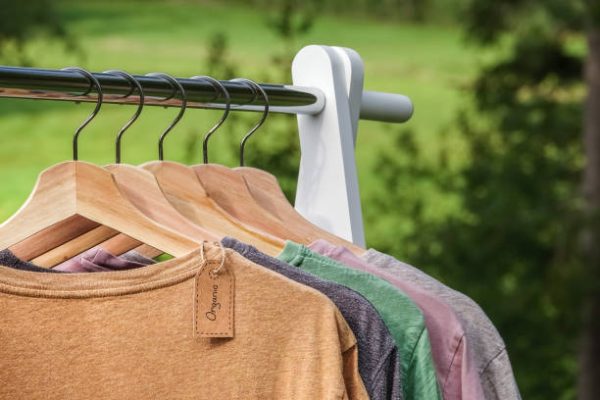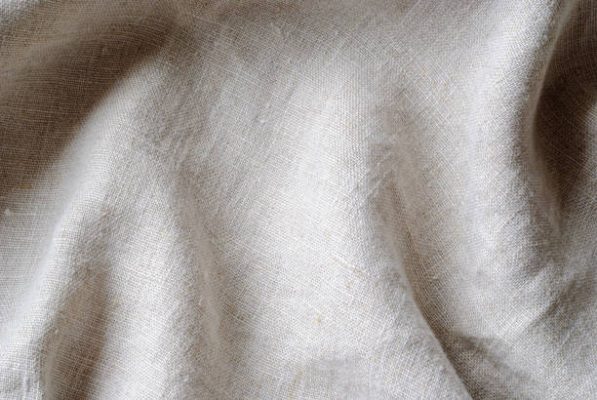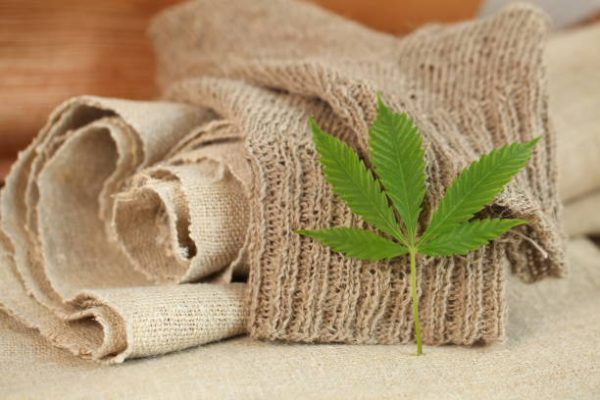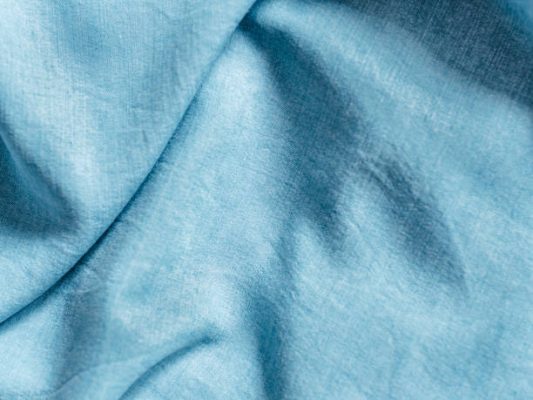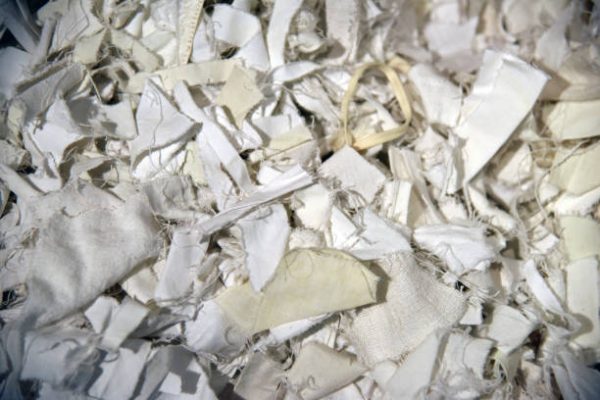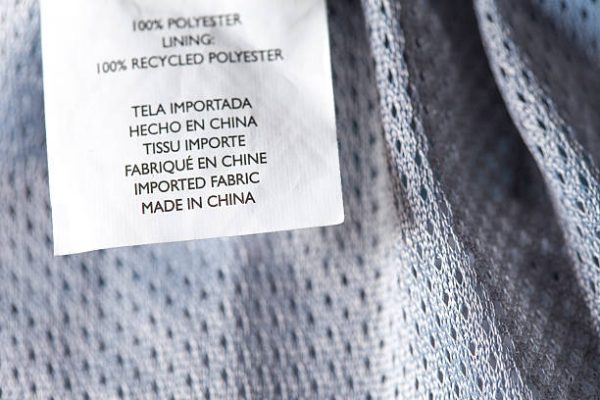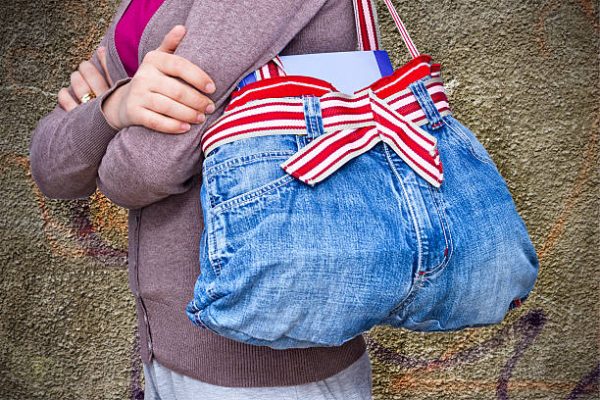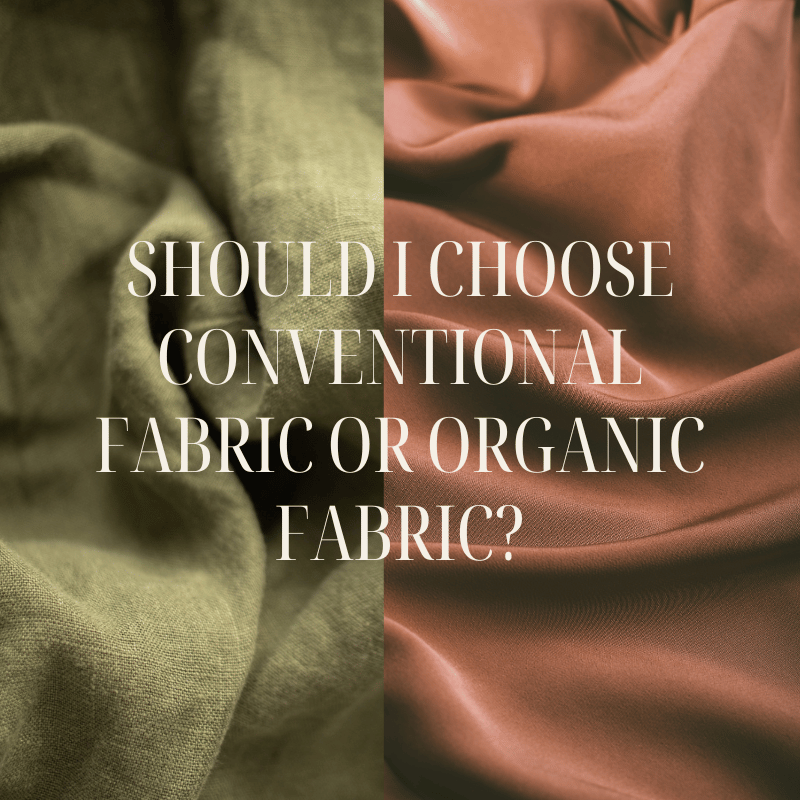All the fabric choices we make have a significant impact on the environment and can contribute to a zero-waste lifestyle. A zero-waste lifestyle is making deliberate decisions to cut waste and save the environment. The textiles we use on a daily basis are one significant area where we may have a significant influence. We contribute to trash reduction, recycling, and a more sustainable future by selecting environmentally friendly and sustainable products. We’ll look at every fabric option that’s ideal for a zero-waste lifestyle in this article.
Natural Fabrics for Zero Waste
1. Organic Cotton: Grown without artificial fertilizers or pesticides, organic cotton is better for the environment. It can naturally break down and is biodegradable, which minimizes waste. Selecting organic cotton reduces environmental effects and promotes sustainable farming when it comes to clothes, bedding, and other textiles.
2. Linen: Compared to cotton, linen is produced from the flax plant, which uses less water and chemicals. It is a fantastic zero-waste choice since it is a robust, long-lasting fabric that decomposes completely. Additionally, linen softens with time, extending the life of objects made of it and lowering the need for regular product purchases.
3. Hemp: Among the most eco-friendly materials for clothing is hemp. It doesn’t need pesticides, grows swiftly, and uses very little water. With repeated usage, hemp cloth softens and becomes biodegradable. Selecting hemp for textiles for your house and clothes is a fantastic approach to help promote a zero-waste lifestyle.
4. Tencel (Lyocell): Wood pulp from sustainably harvested trees, often eucalyptus trees, is used to make lyocell. It is an environmentally friendly fabric since it is made using a closed-loop method that recycles solvents and water. Tencel decomposes organically at the end of its life cycle since it is both compostable and biodegradable.
Recycled and Upcycled Fabrics
1. Recycled Cotton: Cotton waste from post-consumer or post-industrial sources is used to make recycled cotton. Cotton recycling lowers the demand for fresh cotton production, saving water and using fewer chemicals. If you still want the comfort of cotton but want to reduce your environmental impact, recycled cotton is a great option.
2. Polyester that has been recycled: Recycled polyester is created from used textiles or plastic bottles. Recycled polyester, although not being biodegradable, contributes to the circular economy by repurposing materials that might otherwise wind up in landfills or the ocean. It’s a wonderful choice for a zero-waste lifestyle because of this.
3. Upcycled Fabrics: Upcycling is the process of creating new items out of used or discarded materials. This saves resources and lessens waste. Upcycling unwanted clothing or linens into new clothing, bags, or household products is a viable option. We give used materials a second chance at life and cut down on waste overall when we choose repurposed textiles.
In summary
A zero-waste lifestyle requires us to make decisions on sustainable fabrics. All the fabric alternatives that prioritize low environmental effect, biodegradability, and recycling all contribute to waste reduction and environmental protection. Making the choice to wear clothing made of hemp, organic cotton, and recycled materials may help ensure a more sustainable future. Selecting fabrics with consideration not only encourages a zero-waste lifestyle but also a better environment for future generations. Together, let’s make a difference by selecting all the clothing that supports a zero-waste lifestyle.
About IGREEN TEX
IGREEN TEX is a provider of fashion and textile products, offering a wide range of apparel both domestically and internationally. Our commitment to quality ensures that our products not only meet the highest standards but also promote eco-friendly practices.
IGREEN TEX VIETNAM CO LTD
Address: No. 83, A4 Street, Ward 12, Tan Binh Dist, HCMC
Tax code: 0315844409
Email: info@igreentex.com
WhatsApp/Viber/Zalo: +84 938.045.900
